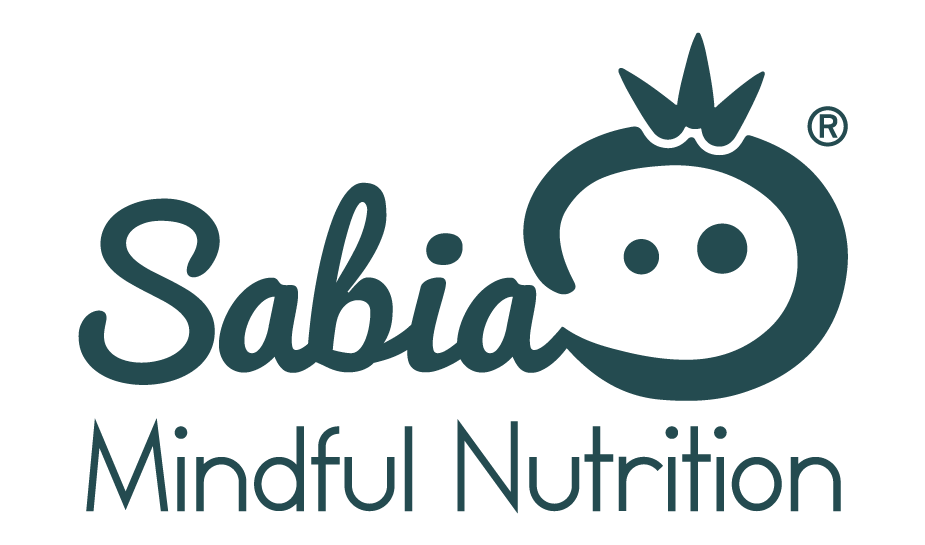Investing in Well-Being: Why It’s Worth the Investment
In today’s fast-paced world, the importance of well-being has never been more evident. Many companies and individuals are starting to realize that investing in health and wellness is not just a trend, but a necessity. But beyond the obvious benefits to personal health, investing in well-being can actually be a highly profitable decision, both for individuals and businesses.
The Connection Between Health and Productivity
It’s no secret that healthy people tend to be more productive. Numerous studies have shown that investing in physical and mental well-being has a direct impact on work performance, creativity, and focus. Physically active employees, who eat nutritious foods and manage stress better, are likely to perform at higher levels. According to the World Health Organization (WHO), productivity increases in organizations that prioritize employee health, leading to lower absenteeism and higher job satisfaction.
For businesses, this means higher engagement and better performance from staff. For individuals, it means more energy and mental clarity, making work and personal goals easier to achieve. By investing in nutrition, fitness, mental health, and stress management, you are laying the foundation for improved performance, which can lead to greater success in both your career and personal life.
The Financial Impact of Investing in Health
While the initial costs of wellness programs or healthy eating may seem like an extra burden, the long-term financial benefits are undeniable. Research from the Harvard Business Review highlights that for every dollar spent on employee wellness programs, businesses can see a return of up to $3.00 in improved health, performance, and reduced health-related costs.
On a personal level, taking care of your well-being can help reduce medical bills, lower the risk of chronic diseases, and contribute to a longer, more active life. Investing in healthy eating, regular exercise, and mental wellness can reduce the chances of developing expensive health conditions like diabetes, heart disease, and obesity.
The Power of Nutrition in Well-Being
One of the most effective ways to improve your overall well-being is through a balanced diet. What you eat plays a direct role in how you feel, your energy levels, and your ability to concentrate. By choosing nutritious, whole foods over processed options, you’re providing your body with the essential nutrients it needs to function at its best.
Healthy eating habits can help prevent disease, boost mood, and enhance cognitive function. As your body receives the proper nutrients, it functions more efficiently, leading to increased productivity and higher energy levels throughout the day.
Mental Health Matters
Investing in mental well-being is just as important as physical health. Mental health issues, such as stress, anxiety, and depression, can significantly impact productivity and quality of life. By prioritizing mental health through practices like mindfulness, therapy, and stress management techniques, individuals can experience improved focus, creativity, and emotional resilience.
For businesses, supporting mental health not only reduces employee turnover but also increases job satisfaction and overall morale. A mentally healthy workforce is more likely to feel motivated, engaged, and loyal, which in turn results in a positive and productive work environment.
The Cost of Neglecting Well-Being
Neglecting well-being can be costly. Poor health leads to higher healthcare expenses, missed workdays, and long-term medical conditions that can significantly reduce quality of life. Both individuals and businesses that fail to prioritize health and wellness often find themselves facing higher medical bills, lower employee morale, and diminished performance.
Investing in Well-Being: A Holistic Approach
True well-being comes from a holistic approach—balancing physical, mental, and emotional health. Creating a routine that incorporates healthy eating, regular exercise, adequate sleep, stress management, and social connections leads to a more balanced, happy, and successful life.
Businesses that prioritize wellness and provide employees with resources like health insurance, mental health support, and wellness programs create a culture of care that benefits both the organization and its employees.
Investing in well-being is not just about improving your health—it’s about improving your life. Whether you’re an individual or a business leader, prioritizing health and wellness will pay off in terms of productivity, happiness, and long-term financial savings. When you take care of yourself, you are ensuring that you have the energy and motivation to tackle your goals and achieve success.
If you’re struggling to find time to prepare healthy meals that support your well-being, let Sabia Nutrition take care of it for you. We offer convenient, nutritious meal options designed to boost your energy, enhance your focus, and support your overall health goals. Let us handle your nutrition, so you can focus on what matters most: your success.
References
-
World Health Organization (WHO). (2023). “The Impact of Health on Productivity and Economic Growth.” Retrieved from https://www.who.int
-
Harvard Business Review. (2022). “The ROI of Employee Wellness Programs.” Retrieved from https://hbr.org
-
National Institute of Mental Health (NIMH). (2023). “Mental Health in the Workplace.” Retrieved from https://www.nimh.nih.gov
-
Mayo Clinic. (2022). “The Benefits of a Healthy Diet.” Retrieved from https://www.mayoclinic.org
-
Centers for Disease Control and Prevention (CDC). (2022). “Mental Health in the Workplace.” Retrieved from https://www.cdc.gov



